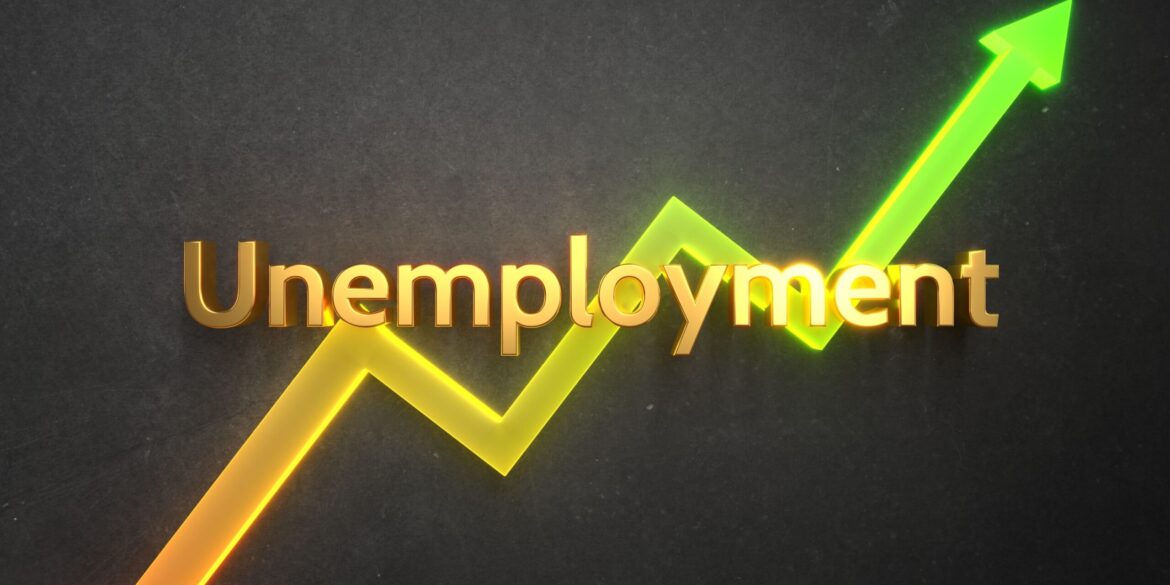Madison, WI, USA – In early September 2022, Wisconsin Republicans led by State Senator Duey Stroebel (R-WI) unveiled a proposal aimed at reforming the state’s welfare system, which they argue has contributed to a rise in unemployment. The proposal, which was introduced at the state capitol in Madison, seeks to address what many Republicans perceive as an ineffective welfare system that disincentivizes work, contributing to rising unemployment and workforce shortages.
The proposal, which would increase work requirements for recipients of unemployment benefits, aims to reduce reliance on government aid and encourage individuals to rejoin the workforce. It includes provisions for increased job-search requirements, reduced benefit duration, and measures to limit benefits for individuals who fail to take available job offers or refuse to participate in job training programs.
Senator Stroebel, speaking at a press conference in Madison, argued that the proposal would help stimulate the state’s economy by motivating individuals to take available jobs and reduce the state’s reliance on federal assistance programs. “We cannot continue to subsidize individuals who are capable of working but are choosing not to,” Stroebel remarked, emphasizing the importance of returning to pre-pandemic employment levels.
However, the proposal has sparked controversy, with opponents questioning whether such measures are fair or effective in combating unemployment. Governor Tony Evers (D-WI) has been vocal in his opposition, citing the state’s ongoing labor shortages and arguing that many individuals receiving unemployment benefits are actually struggling to find work due to skill mismatches, a lack of affordable childcare, or other systemic issues. The Wisconsin Department of Workforce Development has reported an ongoing shortage of workers in several key sectors, including healthcare, manufacturing, and service industries, making it harder for many job seekers to find suitable opportunities.
Polling data from a recent survey conducted by Marquette University shows that the proposal has divided Wisconsin voters. 49% of respondents expressed support for reforming the welfare system to include stricter work requirements, citing concerns about government spending and the need for a more self-sufficient workforce. On the other hand, 45% of respondents opposed the plan, with many voicing concerns about the negative impact it could have on families already struggling in a challenging economic climate.
National media outlets have echoed the split in public opinion. Conservative-leaning publications have championed the reform, framing it as a necessary step to combat a perceived “culture of dependency.” Meanwhile, liberal-leaning media have criticized it, highlighting the increased financial strain it could place on vulnerable families and the risk of exacerbating the state’s economic inequality.
As the proposal moves through the state legislature, it remains to be seen whether it will gain enough bipartisan support to pass. The debate highlights the broader national conversation about welfare reform, job creation, and economic recovery in the wake of the COVID-19 pandemic.

